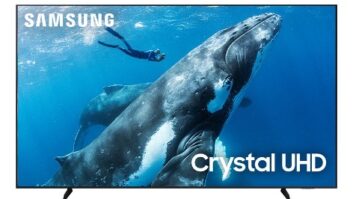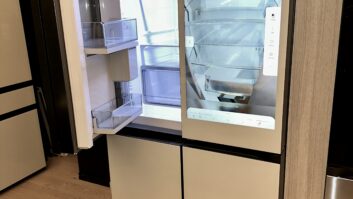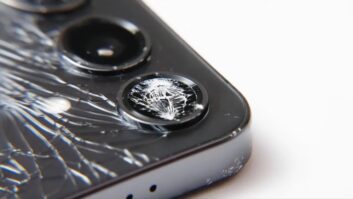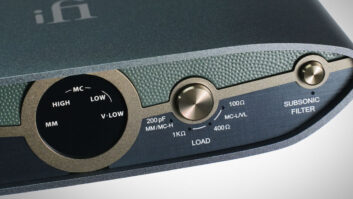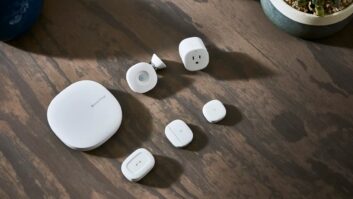
On the news that analysts expect Samsung Electronics to reach a record $13.6 billion in operating profits in the fourth quarter, the company’s strategy shift toward B-to-B component sales, in retrospect, looks like a prudent course of action.
With margins on consumer electronics nearing razor-thin levels, Samsung has pivoted toward the IoT, artificial intelligence (AI) and automotive markets, which are driving the company’s bottom-line growth. But while high-memory chipsets and flexible OLED display panels for the smartphone market are currently the bread and butter of the company’s financial performance, Samsung isn’t ignoring the consumer device market.
An emphasis on IoT products, such as smart appliances and smart TVs, dovetails efficiently with the company’s vision of a connected future. Samsung is looking to expand that vision to an AI-based open ecosystem to unite its product portfolio. And the company’s digital voice assistant, Bixby, is expanding the capabilities of its consumer product lines, including TVs and major appliances, to be controlled by its new flagship phone, the Galaxy Note8.
Furthering its reach, Samsung last year acquired Harman to gain entry into the automotive market and earlier this month announced a $300 million initiative that will invest in technologies toward the development of autonomous and connected vehicles.





